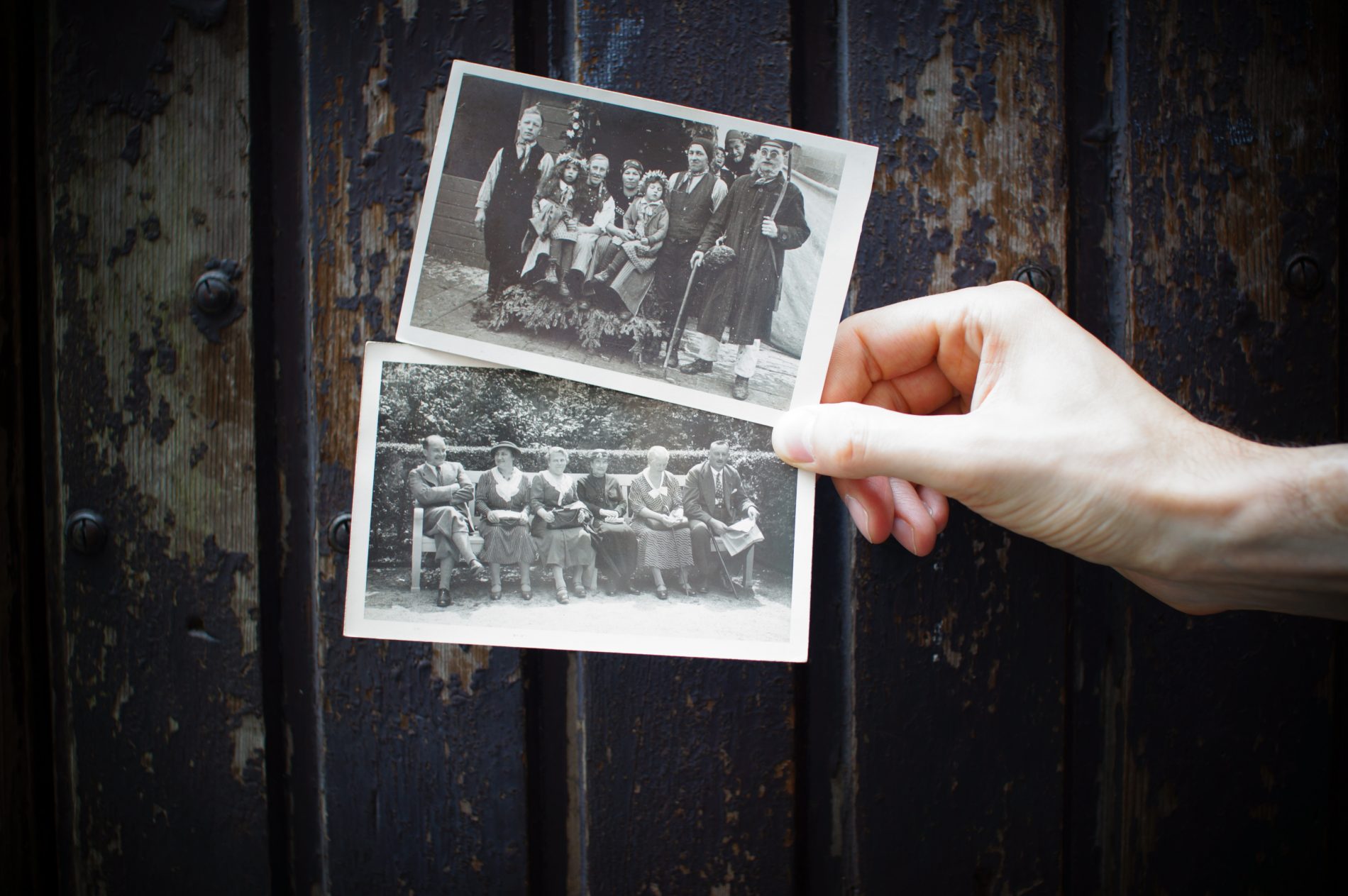After my son’s death, the extended family shared with me their own mental health experiences or their children’s. Right after his death, I was so angry at the world, God, people. How could they not understand; there was no comparison to their situation if they or their loved one is still alive. That is one of the reasons I started this blog, so people could understand what it was like for my family and me to lose a child by suicide. Now, my anger is just general, not directed toward a particular person or thing.
Six months into this new life, I started to keep a mental count of the number of family members with some experience of mental illness, on both sides of my son’s family.
What I have realized, is we do not share, this part of lives, until an unbelievable tragedy occurs. I filled my Facebook and Instagram accounts with the fun and happy parts of my life and my family’s, no different than any other extended family members’. Annual Christmas cards reflected our accomplishments of what our family did that year.
People tend not share their own struggles or their family struggles with mental health until an unbelievable tragedy occurs.
Nature Versus Nurture
I started to wonder if heredity had something to do with my son’s death. I asked my therapist for research material on genetics and mental illness and suicide. I wondered how much is someone predisposed to suicide because of their genetics or is it their social environment (experiences of mental or physical abuse, experiences of trauma or brain damage). So I went to research.
Not every person with a genetic disposition to mental illness will die by suicide or attempt to die by suicide, and not every person who dies by suicide has a known mental illness.
The research I read, all concluded there is a genetic predisposition to suicide, but there are many other factors such as environmental events and when they occurred while the brain was developing. I found an article published by Mayo Clinic in response to a question if genetics has any influence on predisposing someone to suicide. They stated, “Most likely there is a range of genes that affect the connections and pathways within the brain, and impact suicide risk” (Torborg, 2017).
“Complicating matters further, a process called epigenetics1also comes into play when considering the effect of genes on suicide. This process controls when certain genes are turned on or off as a person grows and develops, and it can be influenced by what happens in a person’s environment.” I learned that diet and exposure to pollutants could also impact the epigenome. I wonder if marijuana is considered a pollutant?
Other suicide risks factors that come into play, such as the presence of psychiatric illness and predisposed personality characteristics of impulsivity and anxiety are at a higher risk to suicide (Violette, Turecki, n.d.). Mayo Clinic also concluded that those who die by suicide have a high correlation to psychiatric illness (“mood disorders, psychotic disorders, certain personality disorders, and substance use disorders”) each which have a genetic component as well.
On the flip side, there is a documentary, Three Identical Strangers (Amazon Prime, 2018) about three identical triplets that were separated at six months of age and raised by three different families. The triplets find each other as young adults, but hidden in this true story is a study of nature versus nurture. Nurture wins out, but not really, because there is a tragedy. It is a study of how parenting styles affect the outcome of a child’s life. I encourage you to watch it as it is well done. It is available on most streaming services. Spoiler warning, if you are going to watch it, skip the remainder of this paragraph. The triplets have mental illness on the maternal side of the family. The brother brought up in a strict household, is the one to die by suicide.
Keep in mind, not every person with a genetic disposition to mental illness will die by suicide or attempt to die by suicide, and not every person who dies by suicide has a known mental illness. There is still a lot to learn as researchers have not yet found the specific genes that increase the vulnerability to suicide and the role of environmental influences.
The Holiday Letter
I told a fellow loss survivor mom that I was never going to send out another holiday card. She shared that she continues to send out holiday letters after the loss of her daughter, not missing a year. She is just very honest in telling their family story for that year. When you prepare your holiday letter or photo card, I encourage to you say it like it is, including the hardships, failures, and triumphs. After all, we are supposed to be your family and friends who support each other.

Footnotes
1. The epigenome is made up of chemical compounds and proteins that can attach to DNA and direct such actions as turning genes on or off, controlling the production of proteins in particular cells, (U.S. National Library of Medicine, 2018).
2. Psychiatric illness in this reference is autism, attention deficit-hyperactivity disorder, bipolar disorder, major depressive disorder, and schizophrenia.
References
Three Identical Strangers. Directed by Tim Wardle. Starring Edward Galland, David Kellman, and Robert Shafran. Universal Studios, 2018. Amazon, 2018.
Torborg, L. (2017, April 15) Mayo Clinic Q and A: Suicide and genetics — a complicated association. Retrieved from <https://newsnetwork.mayoclinic.org/discussion/mayo-clinic-q-and-a-suicide-and-genetics-a-complicated-association/>. Viewed on October 2, 2018.
Violette, Richard M.A., Gustavo Turecki M.D., Ph.D., (n.d.). Genetics of Suicide. McGill Group for Suicide Studies. Retrieved from <http://www.suicidefindinghope.com/content/genetics_of_suicide/>. Viewed on October 2, 2018
U.S. National Library of Medicine (October 2, 2018) What is epigenetics? Retrieved from <https://ghr.nlm.nih.gov/primer/howgeneswork/epigenome>. Reviewed on October 2, 2018.

